
The Free Press

One of my favorite things about sports is that they provide a mostly harmless setting for me to vent my more bloodcurdlingly reactionary impulses, which, if I applied them to the political realm, might result in my favoring things such as the restoration of Stuart sovereignty over North America or the prosecution and public flogging of Uber drivers who play David Guetta while shuffling me around Brooklyn.
Sports are, after all, one of the few remaining realms in which we generally accept the legitimacy of hierarchy and order. Anyone can play, of course, but some people are simply better than others, and this fact is out in public for everyone to see. You cannot cry or bully your way into victory. You cannot call HR or summon a Twitter mob to wangle your way out of defeat. And excuses, everyone understands, are for losers. In sports, there is talent, hard work, sheer dumb luck, and nothing else—a fitting metaphor for life, whether or not we choose to acknowledge it.
Which brings me to my latest obsession: pickleball, or rather, the gangrenous spread of pickleball onto the public tennis courts of America. Pickleball, in case you are not aware, is a sort of cross between ping-pong and tennis that involves thwacking a Wiffle ball with plastic paddles on a quarter-sized tennis court. Until recently, it was a niche backyard and retirement home game, the principal appeal of which was the limited demands it made on participants’ coordination and physical fitness. True to the game’s origins on Bainbridge Island in the 1960s, it was something you could do with your wife and your 8-year-old after six gin and tonics. It’s easy, it’s silly, and it’s “fun.”
Since 2020, however, pickleball has been growing at an explosive pace, fueled by a well-funded hype machine and the backing of celebrity investors such as Mark Cuban and LeBron James. Participation has more than doubled in each of the last three years, and pickleball boosters now claim some 36.5 million players, up from only a few million in 2020 (tennis has also been growing, though more slowly). The most recent fact sheet from USA Pickleball brags that the country is adding some 130 new pickleball locations per month, which, in practice, often means tearing down existing tennis courts. The resulting conflict between tennis and pickleball players has become a regular feature of the small-town press and a recurring subject for trend pieces in the New York Times.
I am what I would call an avid tennis player, if only a moderately talented one, so I’ve had a front-row seat over the last several years to this burgeoning conflict. Example: On a recent excursion to Connecticut, my hitting partner and I arrived at a local park only to discover that the “good” courts had been repurposed for pickleball, forcing us to play on gritty, pockmarked concrete that called to mind the dirt lots of Rio de Janeiro’s favelas. Even in this comparative slum, however, we encountered a pushy gang of pickleballers in Arc’teryx vests, whose chieftain waddled over to inform us, citing online reservation systems and obscure city bylaws, that we could not use the court next to theirs as our stray balls might interrupt his “clinic.”
If you play golf, imagine showing up for your Sunday morning tee time only to be informed that you can only play the front nine as the rest has been set aside for frisbee golf, and then being trailed all day by a pack of frisbee golfers loudly complaining about your pace of play, and then being nagged over your feeling of “entitlement” to the course and your unwillingness to “share.” Imagine all that, and you may begin to understand the violent rage that the pickleballers inspire in me.
I mention the “entitlement” and the “sharing” as these have become standard talking points in the pickleball side of the emerging tennis-pickleball culture war. Tennis, the critics say, is racist (French people like it), exclusive (you might have to pay for lessons), elitist (it requires skill), overly competitive (people take it seriously), and too hard. Often, for good measure, they’ll trot out anecdotes about physically debilitated friends and relatives, grandparents and uncles with thrice-reconstructed knees, who have found, in pickleball, salvation from immobility, senility, and early death. Besides, we’re talking about public tennis courts. Doesn’t everyone have a right to public resources?
Listening to them, you begin to understand what Nietzsche meant when he said the strong must be protected from the weak. The force of the whining is so overwhelming, the corresponding urge not to appear mean or unreasonable so great, that one is tempted to make humiliating concessions just to shut them up.
My fellow tennis players, resist that urge. Those public courts are ours and for good reason. The greatest modern writer about tennis, the novelist David Foster Wallace, wrote in Infinite Jest of the sport as a form of “training for citizenship,” insofar as it teaches a sort of self-mastery and overcoming necessary for free citizens in a democratic state:
The true opponent, the enfolding boundary, is the player himself. Always and only the self out there, on court, to be met, fought, brought to the table to hammer out terms. . . . All life is the same, as citizens of the human State: the animating limits are within, to be killed and mourned, over and over again.
Everyone who has learned to play tennis at an adequate level has demonstrated that they possess certain qualities that we prize, or once prized, in our fellow man. Our society, in its wisdom, once chose to honor these people by providing them with places to play. That our courts should now be invaded by pickleballers, the representatives of a future in which human freedom and conscience dissolve in the steady IV drip of easy pleasure on demand, can, if left unopposed, only bode ill for our country.
Park MacDougald is the deputy literary editor of Tablet magazine and a former Life and Arts editor of Washington Examiner magazine, where this essay first appeared.
And to support our work, become a Free Press subscriber today:


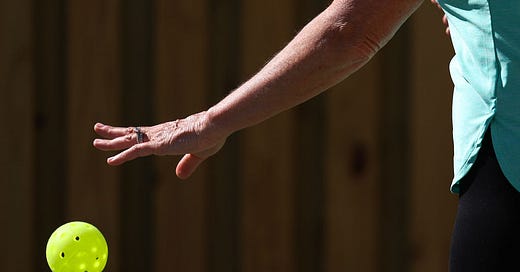



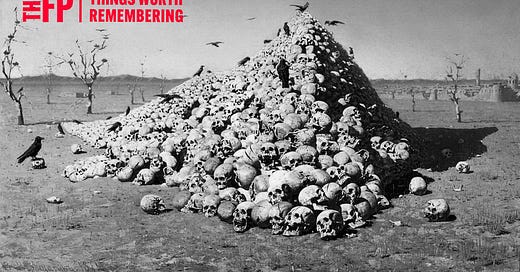

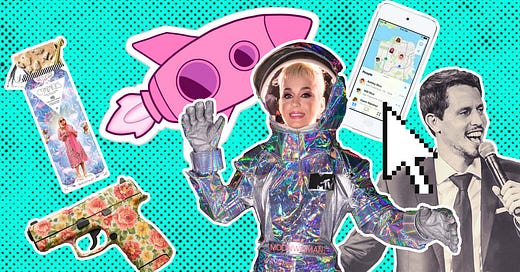

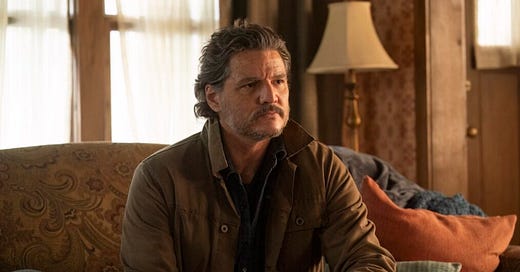
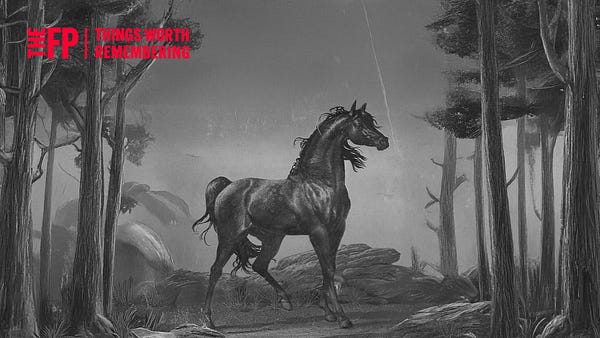

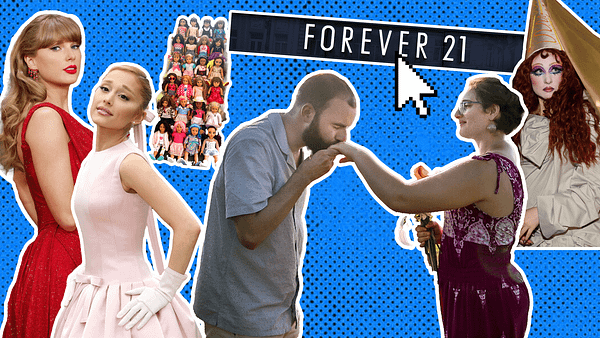

"Sports are, after all, one of the few remaining realms in which we generally accept the legitimacy of hierarchy and order. Anyone can play, of course, but some people are simply better than others, and this fact is out in public for everyone to see. You cannot cry or bully your way into victory. You cannot call HR or summon a Twitter mob to wangle your way out of defeat."
Uh, heard of Lia Thomas by any chance? Riley Gaines might beg to differ.
I've never played pickleball, but I hate tennis. I'm not an especially out of shape person (I am physically active from dawn to dusk most days), but nor am I particular into aerobic conditioning. Even so, I find tennis just about impossible to play meaningfully. The court is just too damn big, and minor disparities in skill and physical conditioning are dramatically amplified by this. I never thought about it before, but tennis IS elitist and exclusive for this reason. And I'm sure the culture follows suit, as your article tends to suggest.
I might have to give pickleball a try. It makes sense to fix tennis into an actually fun game for regular people.